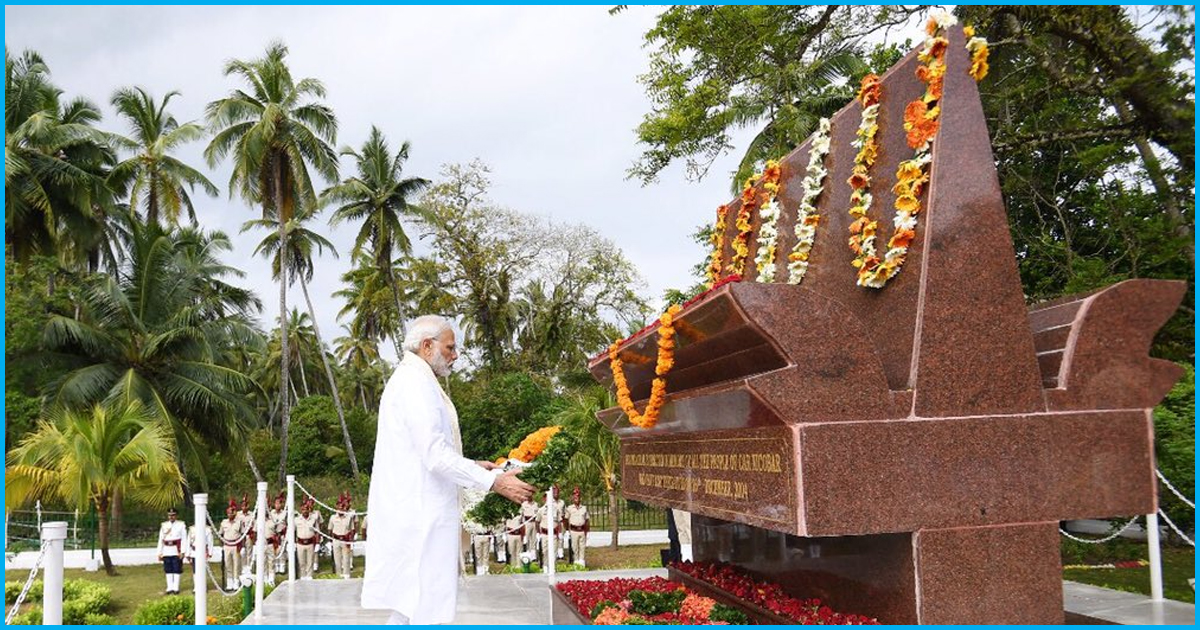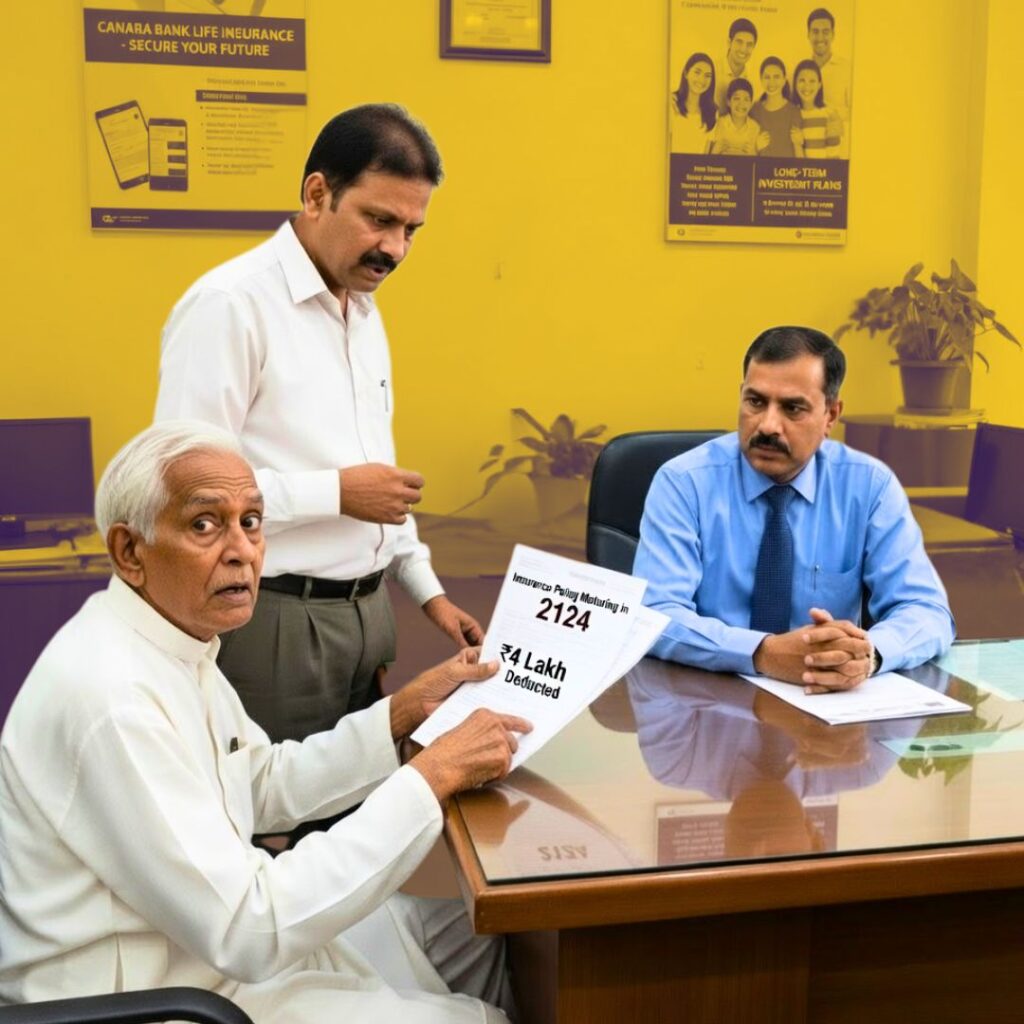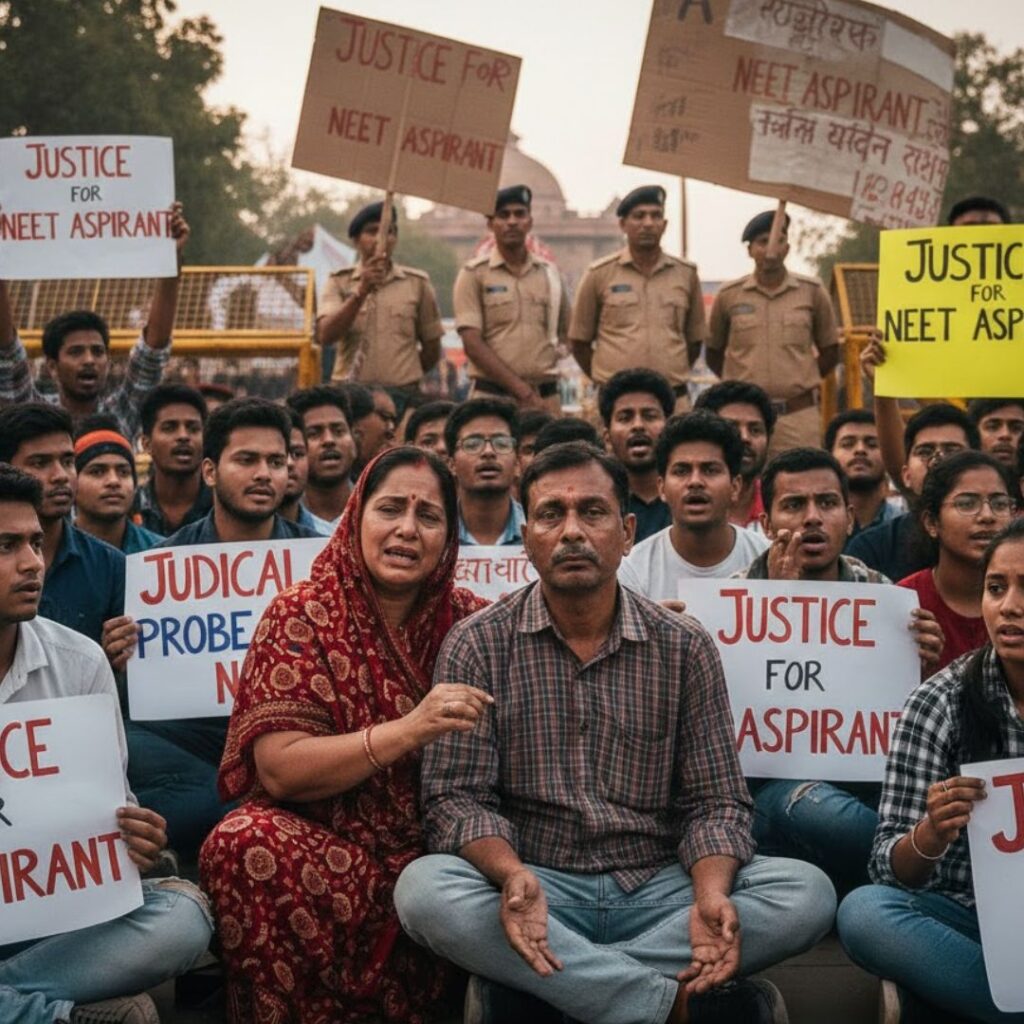The Prime Minister on his visit to the Andaman and Nicobar islands on December 30th has renamed the three most famous islands of Andaman and Nicobar group of Islands. Ross Island will now be called Netaji Subhash Chandra Bose Island, Neil Island has become Shaheed Dweep, and Havelock will now be called Swaraj Dweep. During his visit to the Islands, PM Modi launched many infrastructure projects in the Andaman and Nicobar Islands during a public function in Port Blaire.
According to a report by the Quint, all the formalities involved changing the names of the islands have already been done, announced the Home Ministry.
PM ensures better facilities for the people of Andaman & Nicobar
Andaman and Nicobar Island is known for its isolated environment, beautiful beaches, and world class diving. PM Modi on this visit unveiled a hamper of green initiatives to preserve the pristine air and beauty of the island.
He initiated it by laying the foundation stone of Rs 388 crore project to build a gas-based power Plant at Frerrarganj Tehsil by NTPC Vidyut Vyapar Nigam. The plant will be ready to energise Port Blair and south Andana in 18 Months, reported the Times of India. The island burns tonnes of diesel for power generation and to run public transport and the new plant will reduce pollution and the cost of power and boost economic activity.
“We are committed to giving the country affordable and green energy while preserving the environment of the Car Nicobar, the possibilities of electrifying the place with solar power are being explored at the moment,” quoted the Economic Times. While stressing on the importance of solar power to preserve the environment, he said that a 300-KW solar power generation unit would be set up on the Island as well as a solar village among the slew of developmental projects.
Talking about initiatives taken by the government for the farmers there, Modi said that Minimum Support Price (MSP) of coconut husk has been increased from Rs 7,000 per quintal to Rs 9,000.
Flagged of 20 electric vehicle and distributed induction stoves
Along with a vision to provide 24×7 electricity, he flagged off 20 electric vehicles keeping the importance of e-mobility. He also introduced 99 Tsunami shelter homes to a clean, comfortable and easy cooking option by distributing solar induction cookstoves.
As per the government estimation, the induction stoves can save up to 1.2 lakh units of energy and can save up to Rs 22 lakh annually. It will reduce the consumption of 700 LPG cylinders per year and would reduce kerosene usage by 13,800 litres. The project is funded by Indian Renewable Energy Development Agency Ltd. (IREDA), a government renewable energy funding agency and it will be implemented by state-run power companies an entity, Energy Efficiency Services Ltd.
Hoisted a 150-feet-high national flag at Port Blair
Prime Minister Modi also hoisted a 150-feet-high national flag at Port Blair as a symbol of the declaration of the formation of the Azad Hind government by Netaji Subhas Chandra Bose 75 years ago in 1943.
Modi also visited the Tusmani Memorial in Car Nicobar. There he paid homage to those who lost their lives in the 2004 Tsunami. He then addressed the public and congratulated them for overcoming the impact of Tsunami and assured to provide better facilities and improved infrastructure to people, reported The New Indian Express.
“Along with the security of people at Car Nicobar, the government is making efforts to ensure employment for youth, education for children, medical care for the aged and facilities for the farmers,” The New Indian Express quoted Modi as saying.
Also Read: #TLI Interview: The Brave Woman Anthropologist Who Befriended The Isolated Sentinelese Tribe












